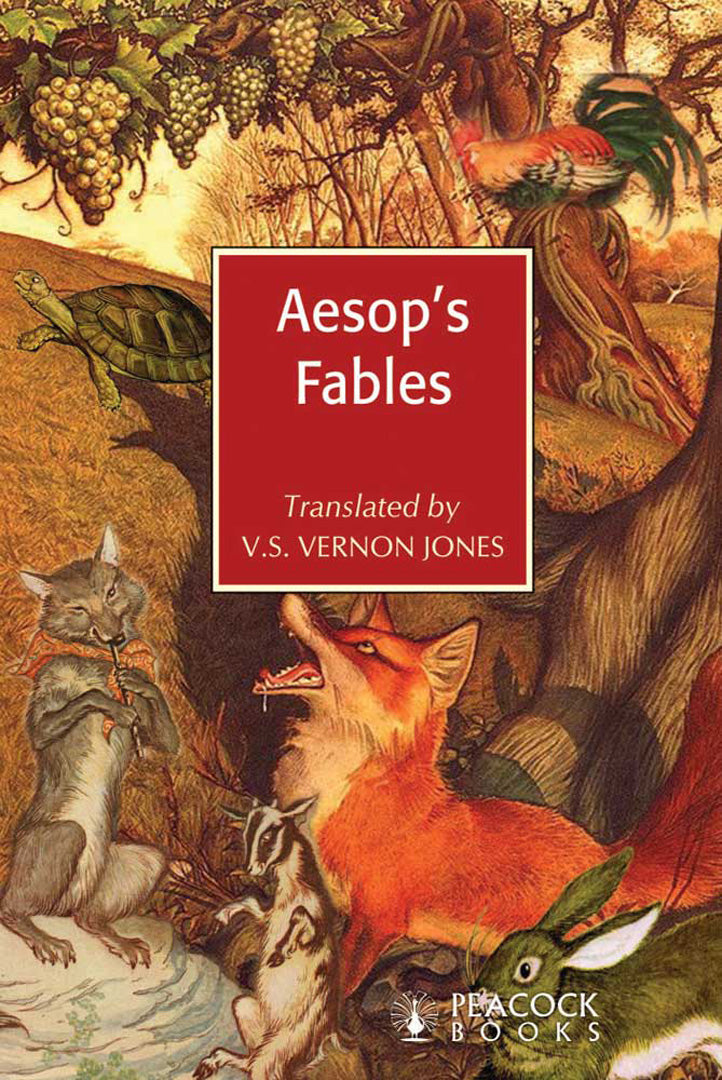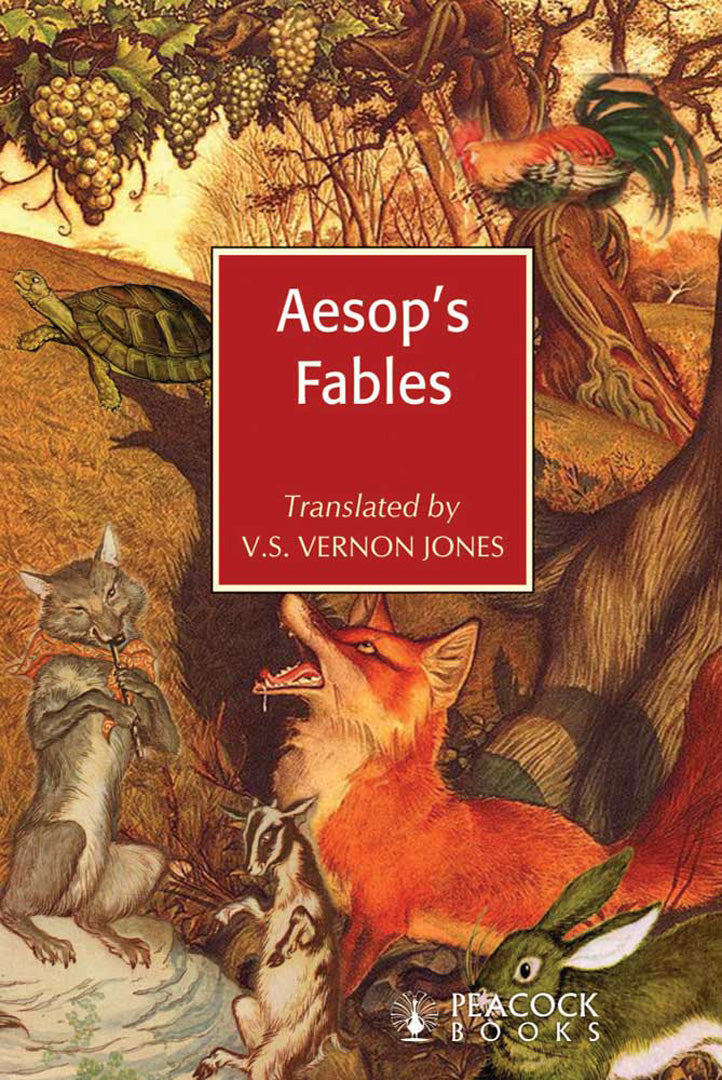Aesop'S Fables
Aesop'S Fables
Translated by V.S. Vernon Jones
Couldn't load pickup availability
Share

More Information
- ISBN13:
- Publisher: Atlantic Publishers and Distributors (P) Ltd
- Publisher Imprint: Peacock Books
- Publication Date:
- Pages: 184
- Binding:
- Item Weight:
- Original Price:
About The Book
Aesop’s Fables is a collection of fables credited to Aesop, a storyteller believed to have lived in ancient Greece between 620 and 564 BCE. The stories are of diverse origins and have descended to modern times through a number of sources.
It is believed that the first printed version of Aesop’s Fables in English was published in 1484 by William Caxton. Many other versions, in prose and verse, have followed over the centuries.
Children were supposed to be the main readers of Aesop’s fables so that they “might learn, at the same time and from the same book, both moral and linguistic purity”. Well-known English philosopher, John Locke was the first person to advocate that they were “apt to delight and entertain a child … yet afford useful reflection to a grown man.” They will not only entertain but also provide people with serious thoughts.
The stories became popular as a means of protecting the innocence of children from profane songs. In the 18th century the authors in the UK began to give a brief outline of the story and what was usually a longer commentary on its moral and practical meaning. The first of such works was Reverend Samuel Croxall’s Fables of Aesop and Others, newly done into English with an Application to each Fable. Another popular collection was John Newbery’s Fables in Verse for the Improvement of the Young and the Old.
The 1818 edition of The Fables of Aesop and Others is divided into three sections. The First Section contains some of Dodsley’s fables prefaced by a short prose moral; the Second Section has “Fables with Reflections” where there is a prose and verse moral after each story, followed by a lengthy prose reflection; the Third, Section “Fables in Verse” includes fables from other sources in poems.
The stories in Aesop’s Fables contain timeless lessons. They gave rise to and reflect many of today’s expressions and cliches.
About The Author
AESOP (c. 620 – 564 BCE), was a fabulist or storyteller. He is credited with a number of fables collectively known as Aesop’s Fables. A number of tales attributed to him have been gathered across the centuries in many languages in a storytelling tradition which continues to this day. Many of the tales are marked by animals and inanimate objects that speak, solve problems, and have other human characteristics.
Scattered details of Aesop’s life are found in ancient sources, including Aristotle, Herodotus, and Plutarch. The Aesop Romance, an ancient literary work tells a highly fictional version of his life. Older spellings of his name have included Esop(e) and Isope. Depictions of Aesop in popular culture over the last 2500 years have included several works of art and his appearance as a character in numerous books, films, plays, and TV programs.
Scholars have speculated that “there probably existed in the fifth century (BCE) a written book containing various fables of Aesop, set in a biographical framework.” In a poem addressed to Euripides, Sophocles made reference to “Aesop’s Fable of the North Wind and the Sun.” Socrates turned some of the fables into verse, of which Diogenes Laertius records a small fragment. The early Roman playwright and poet, Ennius also rendered at least one of Aesop’s fables in Latin verse, of which the last two lines still exist.
Three novels were published about Aesop in the 20th century. A.D. Wintle’s Aesop (London, 1943) is a fictional biography, while the other two are genre works.
Aesop has been portrayed as black in some writings, including Richard Durham’s “Destination Freedom” radio show broadcast (1949), where the drama “The Death of Aesop”, portrays him as an Ethiopian. In 1971, Bill Cosby played Aesop in the TV production “Aesop's Fables”.

